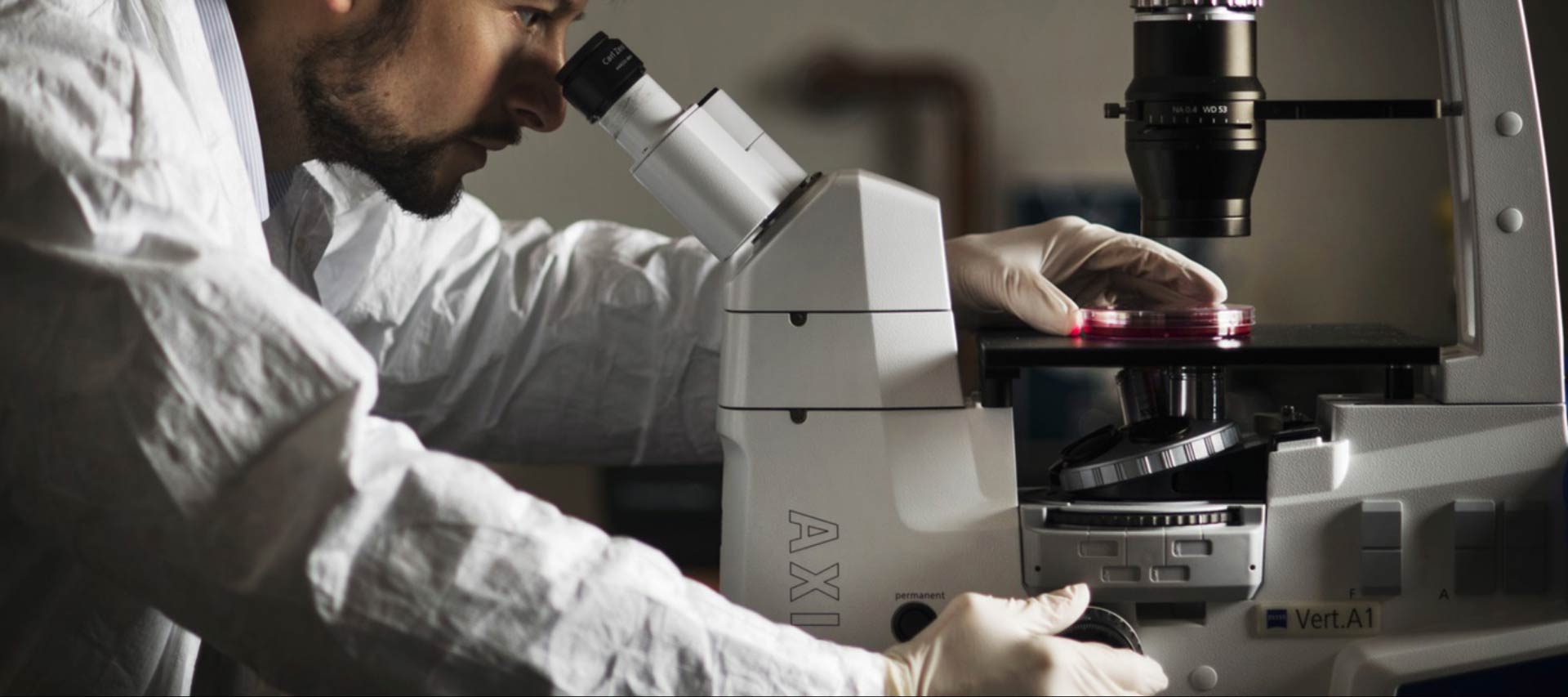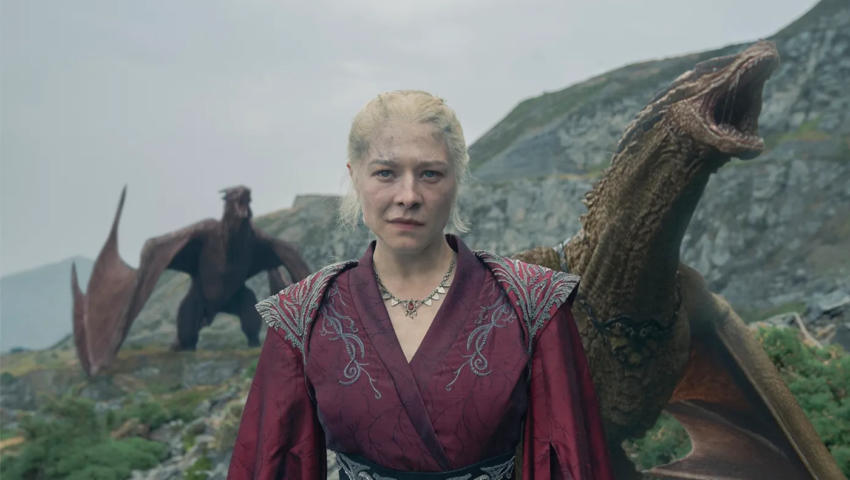
People
We are teachers, leaders, researchers, advisors, business professionals and students. Welcome to Northeastern’s College of Science
Michael Abdelmessih
Jahson Alemu I
News
Are seed oils bad for you? Moderation is the key, Northeastern experts say
Seed oils have recently come under heavy scrutiny but consuming them in moderation does not present a major health risk, according to Northeastern University experts.
“There are fractions of populations who consume a lot of oil just from a single source and that’s the concern,” says Jing-Ke Weng, a professor of chemistry, chemical biology and bioengineering at Northeastern University.
Weng recommends consuming a variety of oils, eating different types of foods in moderation and avoiding highly processed foods.
Read more from Northeastern Global News.
Photo by Jeffrey Greenberg/Universal Images Group via Getty Images.
What is a conlang? A linguist explains how languages in ‘Game of Thrones,’ ‘The Lord of the Rings’ and ‘Star Trek’ are created
Years before J.R.R. Tolkien published “The Lord of the Rings” and “The Hobbit,” he had started work on a language in search of a world.
Even before Bilbo Baggins set out on his grand adventure, Tolkien was tinkering with the many languages that filled Middle-earth. He called it his “secret vice,” one he spent decades working on, up until his death in 1973 –– and he’s not alone.
Constructed languages, or conlangs, are everywhere in fantasy and science fiction, from “Game of Thrones” to “Star Trek,” but they also exist outside of fiction, too.
According to Adam Cooper, director of the linguistics program at Northeastern University, a conlang is any language that has been consciously designed. Developing a conlang involves creating a full linguistic system –– from the most basic units of sound to words, sentences and vocabulary –– from scratch. There’s a reason Tolkien spent decades creating his Elvish languages.
Read more from Northeastern Global News.
Photo credit: HBO
Could biology hold the key to the future of computing? This Northeastern physicist is on a mission to find out
Almost all modern technology relies on the ability of electrons to carry charge. This is essential for electricity, power transmission, electronic devices, battery storage and many other uses.
However, electrons possess another built-in property beyond charge — spin. Scientists have been trying to harness this property for years, says Paul Stevenson, an assistant professor of physics at Northeastern University, leading to the emergence of a new field called spintronics.
“People have tried to find ways to make new materials that can manipulate this spin property as well as the charge property,” he says.
Surprisingly, research over the last decade suggests that nature may have already mastered what scientists have been trying to engineer. Stevenson explains that biomolecules seem to naturally use this property of electrons.
Read more from Northeastern Global News.
Photo by Matthew Modoono/Northeastern University
Science Connects to Innovation Award Winner: Donte Lewis
Donte Lewis ‘26, BS Cell and Molecular Biology | Los Angeles, CA
What inspired you to pursue your current field of study/research?
My passion for science ignited in high school when I was exposed to cancer research at the Ellison Institute of Medicine where I was a summer research intern. I then pursued an internship at the National Institute of Drug Abuse (NIDA) due to my interest in the growing opioid crisis in my community. These experiences inspired me to pursue my degree in cell and molecular biology.
What does winning a Science Connects to Innovation Scholarship mean to you?
Winning the Science Connects to Innovation Scholarship is a moment in my scientific career and personal journey I will never forget. It is more than just a financial encouragement; it is affirming that my passion for scientific inquiry can be applied to real-world challenges. Knowing that the College of Science believes in the fusion of science and innovation inspires me to pursue my passions to an even higher level.
What do you plan to use the Science Connects to Innovation Scholarship for?
I plan to use the Science Connects to Innovation Scholarship to continue to fund my collegiate studies to help strengthen my scientific insights.
How has implementing entrepreneurship impacted your view on science and/or your current research/study area?
Entrepreneurship has allowed me to view science from a more creative perspective. I am allowed to think beyond traditional boundaries and explore theoretical research with real-world applications. Embracing an entrepreneurial mindset has challenged the way I approach my studies/research because now I see them as inventive problem-solving.
Where do you see your entrepreneurship ideas going in the next few years?
I see my entrepreneurial ideas expanding over the next few years. Now that I have a baseline of what can be accomplished, the possibilities are endless.
What advice would you give science students interested in entrepreneurship?
I would encourage anyone with any idea to pursue it. All it takes is one person to believe in your ideas and that one person must always be yourself.
What is something that you are most proud of?
I am most proud to be a member of Phi Beta Sigma Fraternity, Inc. to serve the community that molded me into the person and scientist I am today.




